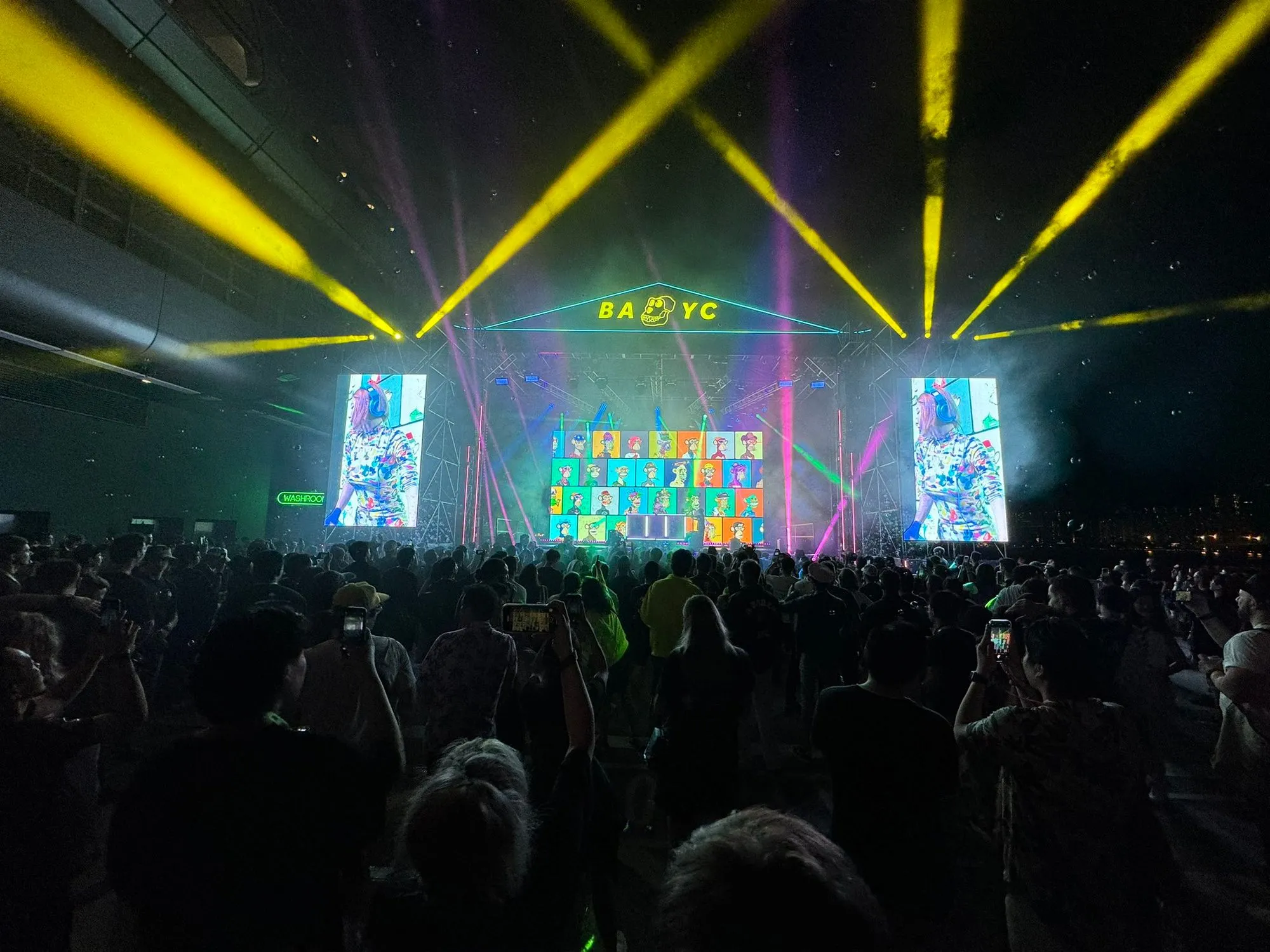'Couldn't See Anymore:' Bored Ape Conference Attendees Wake Up With Searing Eye Pain, Vision Loss
'Couldn't See Anymore:' Bored Ape Conference Attendees Wake Up With Searing Eye Pain, Vision Loss

www.404media.co
'Couldn't See Anymore:' Bored Ape Conference Attendees Wake Up With Searing Eye Pain, Vision Loss
